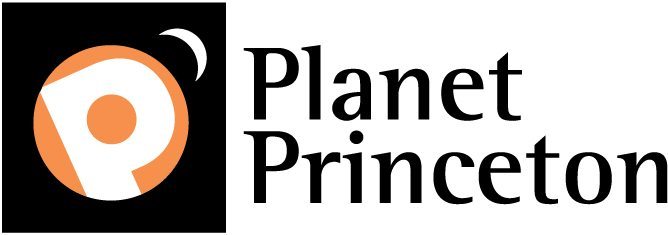N.J. will participate in antitrust lawsuit against JetBlue Airways and Spirit Airlines over planned merger
The New Jersey Attorney General announced on Monday that the state will participate in a federal and multi-state lawsuit that challenges the purchase of Spirit Airlines by JetBlue Airways.
According to the lawsuit filed by the U.S. Department of Justice and the attorneys general of California, Maryland, Massachusetts, New York, North Carolina, and the District of Columbia, the purchase of Spirit Airlines by JetBlue would substantially lessen competition in the industry and violate the federal Clayton Act.
The Clayton Act is a civil statute that prohibits mergers or acquisitions that are likely to lessen competition. Under the act, the government can challenge mergers that are likely to increase prices for consumers.
Last year, JetBlue won a bidding war to acquire Spirit in a deal worth $3.8 billion. If the deal goes through, JetBlue would eliminate a “unique disrupter in the airline industry” that forced other airlines like JetBlue to cut fares and offer deals to keep up, according to the lawsuit.
Spirit Airlines is the largest ultra-low-cost carrier in the country, and its business model has allowed it to offer some of the lowest fares in the industry. Similar to Spirit, JetBlue initially started as a low-cost carrier, but as its market share has grown it has aligned its practices with larger airlines and has raised its fares.
If the merger is completed, more than 150 routes would be affected by the elimination of Spirit, and it would allow the combined entity to control 50% to 90% of some markets, according to state officials. At airports operated by the Port Authority of New York and New Jersey, officials said Monday that that number could be approximately 20%. Currently, Spirit serves as JetBlue’s only competitor in certain markets.
“Everyone knows how expensive airfare already is, and airlines like Spirit create important competition in the industry by offering passengers a less expensive option when they have to fly,” said Attorney General Matt Platkin. “JetBlue does not want to buy Spirit to improve its service or to offer lower fares. It wants to eliminate competition, grow its market share, and create monopolies in regions across the country. We will always fight for our consumers — especially when companies try to limit options for customers simply to boost their bottom line or expand their influence over an industry.”
JetBlue controls about 5.4% of the overall domestic airline market while Spirit controls 4.9%. Officials said each airline controls about twenty percent of the domestic market not dominated by the “big four” airlines — United Airlines, American Airlines, Delta Air Lines, and Southwest Airlines. If the merger succeeds, the combined entity would control about 40% of the remaining market not dominated by the big four airlines.
The lawsuit claims that there are no possibilities of new carriers entering or expanding enough to offset or deter the acquisition’s anticompetitive effects.
In New Jersey, nearly 24,000 residents are employed by the airline industry, which services 23.3 million passengers and over 530,000 flights per year. A vast majority of those flights depart from and arrive at Newark Liberty International Airport. Both JetBlue and Spirit fly in and out of Newark Liberty. In 2022, JetBlue passengers accounted for 6.4% of all passengers at the airport, while Spirit accounted for 5.8%. A merger could mean JetBlue would control more than 12% of passengers in and out of Newark Liberty, officials said.
The lawsuit seeks to prevent further harm against competition in the airline industry by asking the court to find JetBlue violated the Clayton Act and restraining the company from carrying out the purchase of Spirit.

